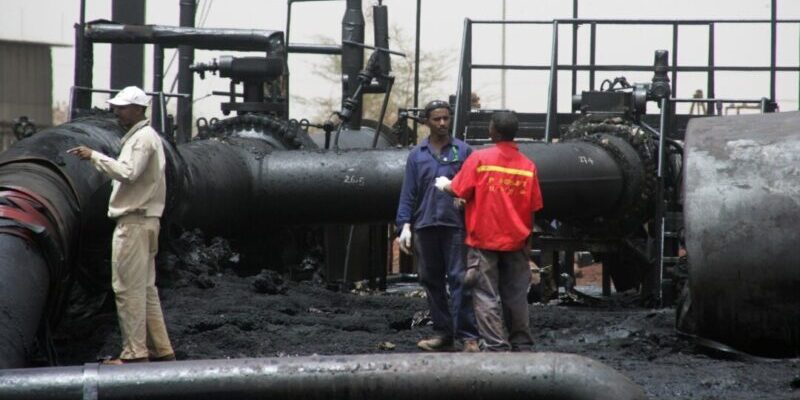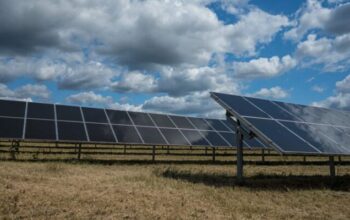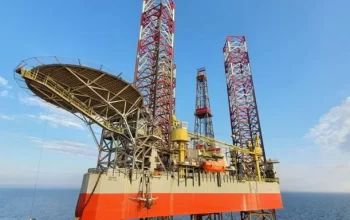A company associated with the Abu Dhabi royal family has struck a massive €12 billion deal with South Sudan, involving oil repayment, raising questions about the country’s economic future.
The Dubai-based Hamad Bin Khalifa Department of Projects (HBK DOP) has inked the agreement with South Sudan, as revealed in a confidential report reviewed by Bloomberg.
The deal, signed between HBK DOP and South Sudan’s former finance minister, Bak Barnaba Chol, outlines repayment terms involving oil exports.
The loan, which amounts to nearly double South Sudan’s GDP, allocates 70% of funds to infrastructure projects.
However, experts warn that such a colossal debt, five times the nation’s current external debt, could tie up South Sudan’s oil revenues for decades, potentially until 2043, exceeding the lifespan of existing oil wells.
Former senior World Bank economist, James Cust, highlighted the significant implications of this agreement, emphasizing its potential impact across multiple administrations.
Under the terms, HBK DOP, led by Sheikh Hamad Bin Khalifa Al Nahyan, secures discounted access to South Sudan’s oil for up to twenty years.
However, South Sudan will receive $10 less per barrel of oil compared to the international benchmark price.
This deal emerges amid a broader trend of Gulf countries and regional entities expanding into new markets.
The UAE’s recent $35 billion aid package to Egypt and increased investments in African nations underscore this trend.
While oil-backed loans offer enticing prospects for resource-rich developing countries, they also pose significant risks.
South Sudan’s history of struggling with such agreements, coupled with legal challenges from defaulting on payments, casts a shadow over the country’s economic stability.
![]()




